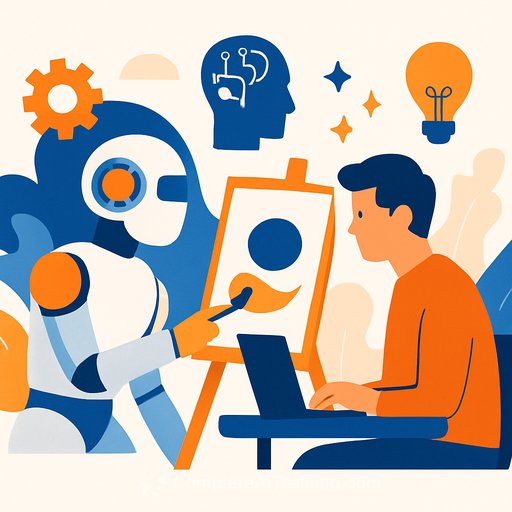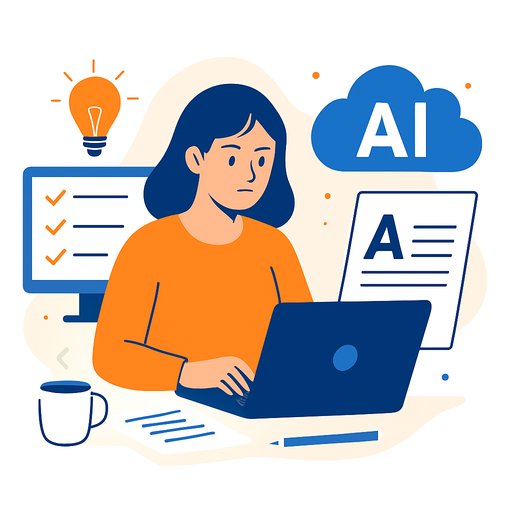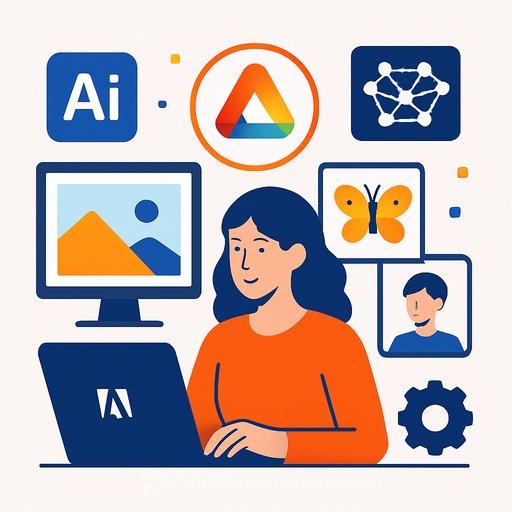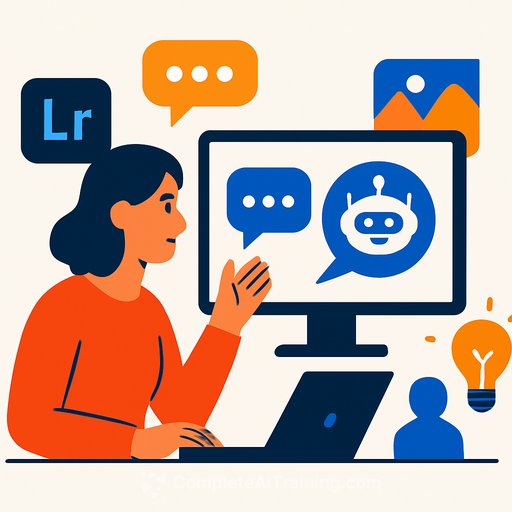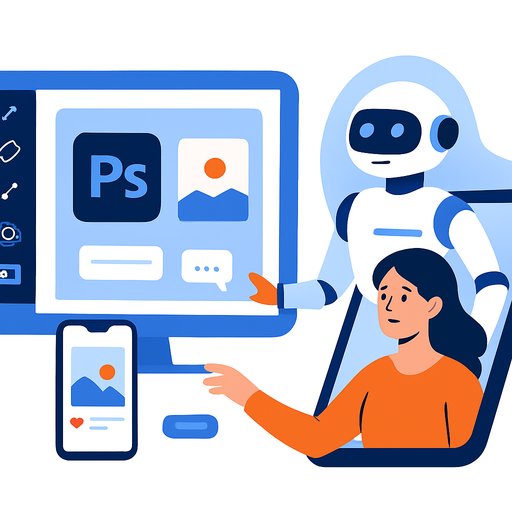Will Creative Agencies Disappear by 2030? Insights from Brands and Agencies at the AI Frontier
There’s a clear split in how the creative industry views generative AI’s role in creative ideation and production. On one side, some see AI handling creative work end-to-end as a diluted, derivative process—comparable to replacing Michelangelo with machines. They accept AI's usefulness in high-volume, low-complexity tasks like accelerating content production or streamlining briefs, but draw the line at strategy and emotionally driven work.
On the other side, tech companies like Forethought are developing AI platforms that claim to autonomously create advertising campaigns that test as well as top-performing traditional campaigns. Sitting between these extremes are marketers from organisations like Swinburne University and Specsavers. They seek data-backed effectiveness, clearer briefs, and more confidence in creative investments, all while keeping human creativity central.
Where Marketers Stand on AI in Creative Work
Many marketers, agencies, and consultancies agree AI excels in speeding up processes, but opinions differ on how far to let it take over creative output. Brands like Specsavers and academic institutions like Swinburne University are experimenting with AI to improve briefing and ideation, sometimes allowing AI to generate ads for testing and even public release.
The question remains: just because AI can create content, should it replace human-led creative work? Mark Zuckerberg’s vision of algorithmically generated, continuously optimised advertising loops hasn’t arrived yet, but the technology is advancing fast. For instance, an AI-built brand created within 24 hours by a $4 billion Brandtech Group platform scored in the top 10% of creative campaigns tested for emotional impact.
Swinburne University’s AI Experiment
Swinburne University partnered with Forethought to use AI in two stages: first to process brand data and develop a creative brief, then to generate and test creative ideas aligned with brand metrics like accessibility and relevance. Forethought’s BrandComms.AI combines generative AI, AI agents, and a database of decades of creative testing and consumer insights, promising effective advertising at a fraction of typical costs.
Instead of replacing roles, Swinburne’s former CMO saw AI as a way to enhance insight extraction and accelerate ideation. The AI helped produce a more cohesive and sophisticated brief, reducing back-and-forth in the process. The campaign concept, “On your way,” launched across multiple channels and, although still early to assess impact, the university values the streamlined approach.
According to Swinburne's marketing director, Chris Lewis, AI-generated assets provided a fast, cost-effective way to validate ideas before human refinement. While the final creative device—a student stepping off a train into their future—isn’t groundbreaking, it aligns tightly with research and brand goals. The human creative agency then added emotional depth and connection, demonstrating a hybrid approach where AI supports rather than replaces human creativity.
ATime&Place Agency: AI as an Accelerator, Not a Creator
Adrian Mills, co-founder of ATime&Place, views AI as a useful tool for speeding up lower-funnel tasks and producing high volumes of content needed in today’s marketing landscape. For strategic, high-impact work, he believes human insight remains unmatched. AI synthesises existing information but cannot originate truly novel ideas or emotional storytelling.
Mills explains that while AI can help clients understand complex information and streamline workflows, consumer cynicism toward AI-generated ads means creativity must remain fresh and original. AI’s strength lies in accelerating production, not replacing the spark of innovation that makes advertising effective. For example, rapidly produced ads like Suzuki’s recent campaign show AI can enable creators to bring more ideas to life with less risk.
He also emphasises agencies will continue to play a vital role, as marketers rarely want full in-housing of creative work. Agencies provide the extra effort and creative push that in-house teams often cannot match. Emotional storytelling will remain a human-led strength, with AI handling practical content production.
Specsavers’ Cautious Approach to AI
Specsavers’ marketing planning director, Shaun Briggs, is exploring AI mainly as a tool for speeding up briefing and idea communication rather than fully automating creative output. He views the brand as fundamentally human-focused, emphasizing personalised care that doesn’t naturally fit with AI-generated creative. His analogy: AI should be the “Roomba vacuuming the floor,” while humans choose the “paint colours.”
Briggs also raises a cultural concern. Fully automating creative work risks removing the satisfaction employees get from their roles, potentially affecting talent attraction and retention. Creative jobs involve passion and engagement, and reducing work to AI-managed tasks may lower overall quality. He warns this could lead to a trend of mediocrity, with many producing average work rather than fewer doing outstanding work.
Key Takeaways for Creatives
- AI excels at speeding up lower-funnel tasks like briefing, content production, and testing, but struggles with originality and emotional storytelling.
- Hybrid approaches—using AI for data processing and initial ideation, then relying on human creativity for refinement—show promise.
- Agencies remain critical for high-value, strategic, and emotionally resonant creative work.
- Marketers should consider the impact of AI on team culture and employee engagement when integrating AI tools.
- Testing and validation remain essential to ensure AI-assisted creative aligns with brand goals and resonates with audiences.
For creatives wanting to understand how AI tools fit into their workflow without sacrificing originality, exploring targeted AI courses can provide practical skills to complement your creative expertise. Check out AI courses designed for creative professionals to start integrating AI thoughtfully and effectively into your process.
Your membership also unlocks:

